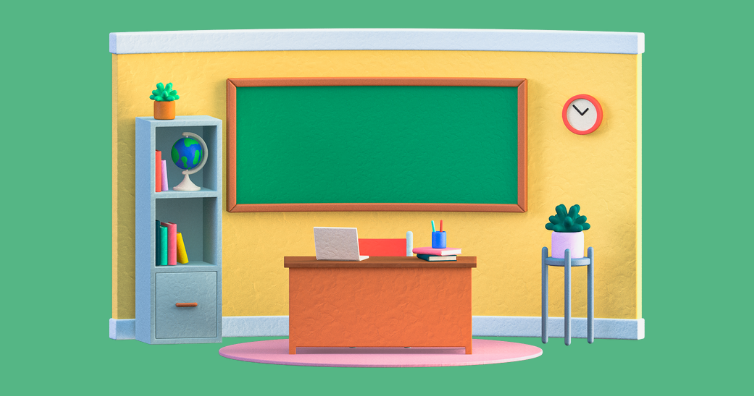What is COPPA and FERPA?

The Children's Online Privacy Protection Act (COPPA) and Family Educational Rights and Privacy Act (FERPA) are two similar pieces of legislation that protect the privacy of student data.
COPPA, or the Children's Online Privacy Protection Act, was passed in 1998 by Congress. It regulates how companies that collect information from children under the age of 13 can use that data. It also requires those companies to provide parents with notice of what information they collect and how they use it, as well as an opportunity to opt-out of some uses of the data.
FERPA stands for Family Educational Rights and Privacy Act and was passed by Congress in 1974. It governs how educational institutions may disclose student information—including personally identifiable information (PII) like name and social security number—to third parties. The law also affords students certain rights with respect to their education records, including the right to inspect them and request corrections.
These laws are important because they're meant to protect students' privacy by making sure that any information collected about them is kept safe. If a site doesn't follow these laws, it could put students at risk of identity theft, stalking, or other types of harassment online.
